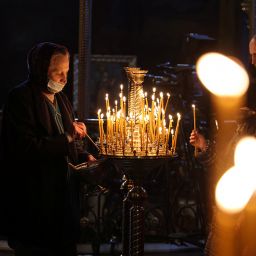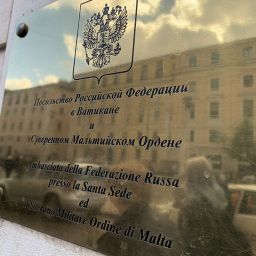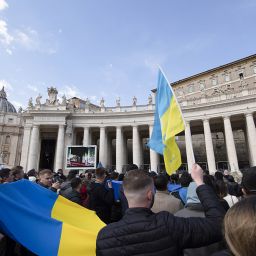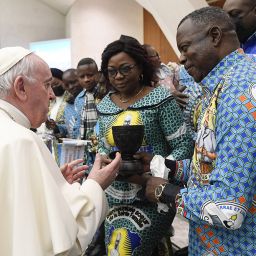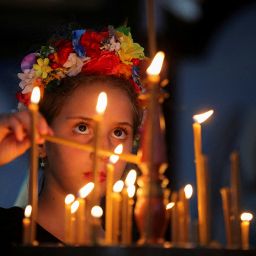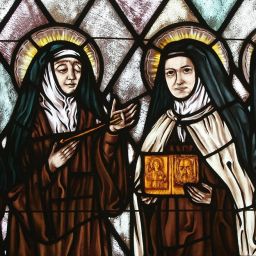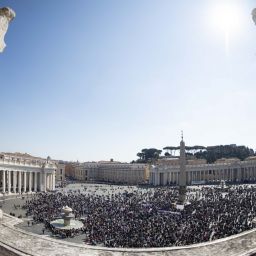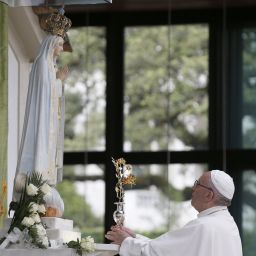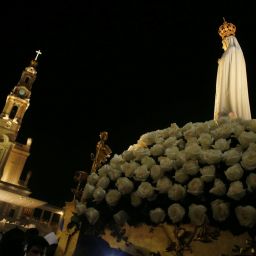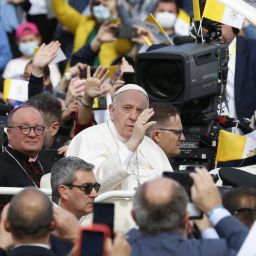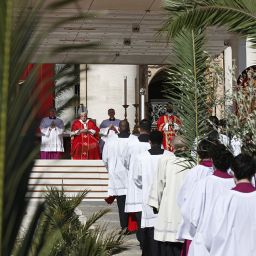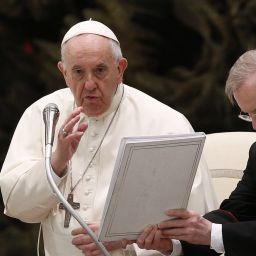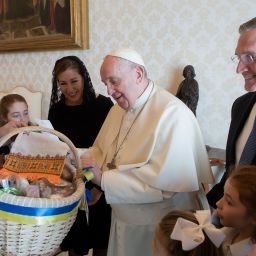By Carol Glatz
Catholic News Service
VATICAN CITY — There is a prayer for every state of mind and spiritual need in the Book of Psalms, Pope Francis said.
“There are many psalms that help us forge ahead. Get into the habit of praying the psalms. I assure you that you will be happy in the end,” the pope said during his June 19 general audience.
The pope also reminded people that June 20 marks World Refugee Day, established by the United Nations to focus on solidarity with refugees. “We are all called to welcome, promote, accompany and integrate those who knock on our doors,” he said.
“I pray that nations will work to ensure humane conditions for refugees and facilitate processes for integration,” he said.
During his main catechesis, the pope continued his series on the Holy Spirit and highlighted the importance of prayer, especially in preparation for Holy Year 2025.
All the books of the Bible are inspired by the Holy Spirit, he said, “but the Book of Psalms is also so in the sense that it is full of poetic inspiration.”
The psalms were the prayer of Jesus, Mary, the Apostles and all previous Christian generations, he said. Jesus enters into the world with a verse from a psalm in his heart, “I delight to do your will, my God (Ps 40:9), and he leaves the world with another verse, “Into your hands I commend my spirit” (Ps 31:6).
“Do you pray with the psalms sometimes?” the pope asked, reminding people that there are special editions that contain the New Testament and the psalms together.
“I have on my desk a Ukrainian edition” of the New Testament and the psalms that belonged to a soldier who died in the war, he said. “He used to pray at the front with this book,” referring to the 23-year-old soldier named Oleksandr.
“If there are psalms, or just verses, that speak to our heart, it is good to repeat them and pray them during the day. The psalms are prayers ‘for all seasons’: There is no state of mind or need that does not find in them the best words to be transformed into prayer,” the pope said.
The psalms also allow the faithful to expand on the nature of their prayers, he said, so prayers are not just a series of requests and a continuous “give me, give us.”
“The psalms help us to open ourselves to a prayer that is less focused on ourselves: a prayer of praise, of blessing, of thanksgiving; and they also help us give voice to all creation, involving it in our praise,” he said.
At the end of his main talk, the pope greeted an Italian association supporting the late Cardinal Celso Costantini, a former apostolic delegate in China who led the Council of the Chinese Catholic Church 100 years ago with the aim of revitalizing the mission of the church in China.
The pope greeted “the dear Chinese people” and asked Catholics to always pray “for this noble people, so brave, who have such a beautiful culture.”
In greeting Polish-speaking visitors, the pope gave God thanks for a new blessed: Father Michal Rapacz, a martyr of communism, who was beatified in Kraków June 15.
Blessed Rapacz was an early victim of Poland’s communist regime as he refused to abandon his parishioners and his pastoral work. The pope prayed “his example (may) teach us to be faithful to God, to respond to evil with good, to contribute in the building of a fraternal and peaceful world.”
“We pray that his witness may become a sign of consolation from God in these times marked by wars,” he said, praying that the new blessed “intercede for Poland and to obtain peace in the world!”
Cutline for featured image: Pope Francis greets visitors as he rides the popemobile around St. Peter’s Square at the Vatican before his weekly general audience June 19, 2024. (CNS photo/Lola Gomez)


